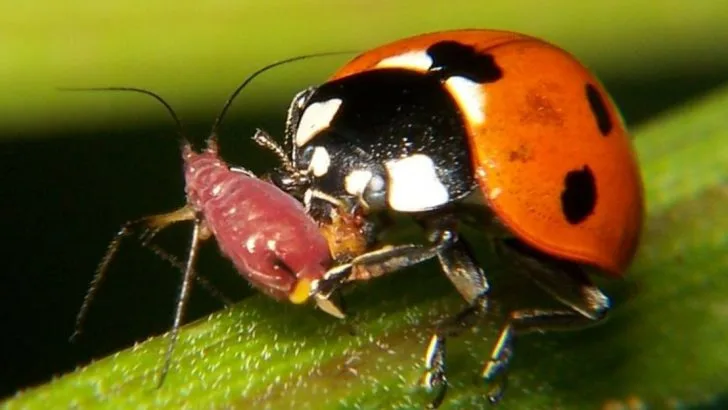Aphids don’t just nibble—they unleash chaos. June is their time to strike, turning your garden into a battlefield. If you wait, they’ll multiply like tiny green invaders, choking your plants and spreading disease with reckless abandon. But you’re not powerless. This is your call to arms. Catch them early. Fight smart. Keep your garden thriving and aphid-free. Here’s how to stop the June aphid explosion before it devours everything you’ve worked for.
Ladybugs: Nature’s Predators
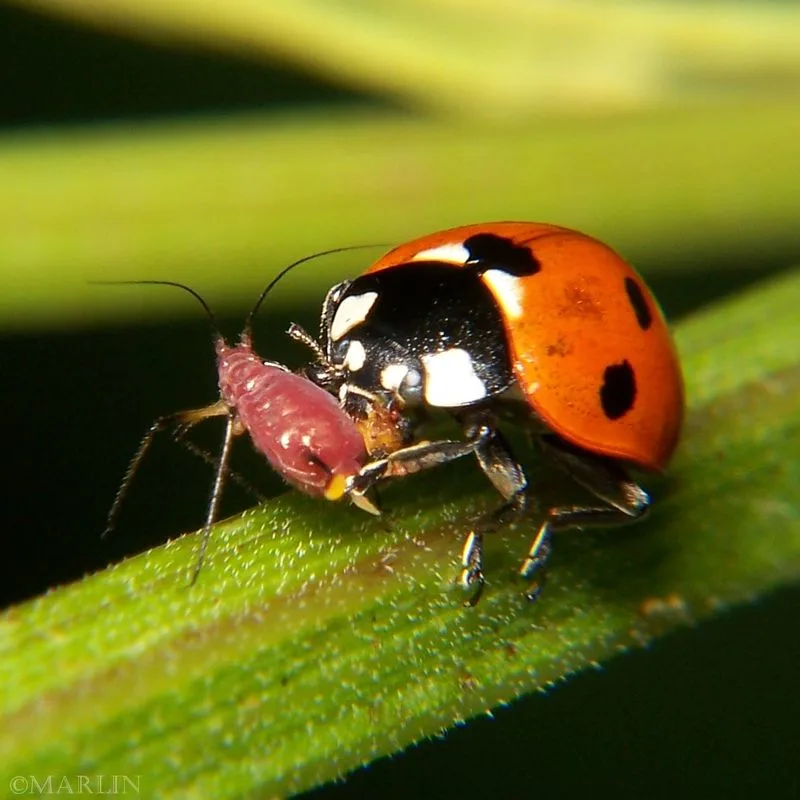
Ladybugs are voracious consumers of aphids, capable of eating up to 50 a day. Their presence in your garden can significantly reduce aphid numbers, acting as a natural pest control.
These colorful beetles are not only beneficial but also easy to attract. Planting dill, fennel, or marigold can invite these predators to your garden.
Ladybugs are a safe, non-toxic solution to aphid infestations, allowing you to maintain a healthy and vibrant garden without harmful chemicals.
Neem Oil Magic
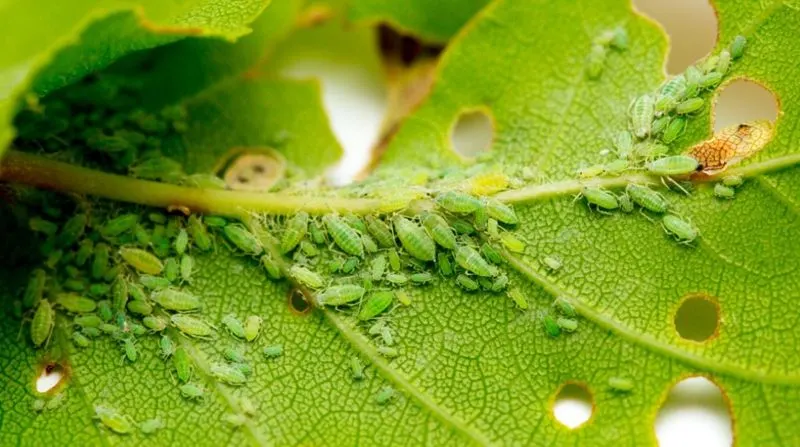
Neem oil, derived from the seeds of the neem tree, is a powerful organic pesticide. It disrupts the life cycle of aphids, preventing their growth and reproduction.
When sprayed on plants, neem oil acts on contact, reducing aphid populations without harming beneficial insects.
Regular application can build plant resilience, ensuring long-term protection. Its natural properties make neem oil a favorite among organic gardeners seeking environmentally friendly solutions.
Companion Planting Strategy
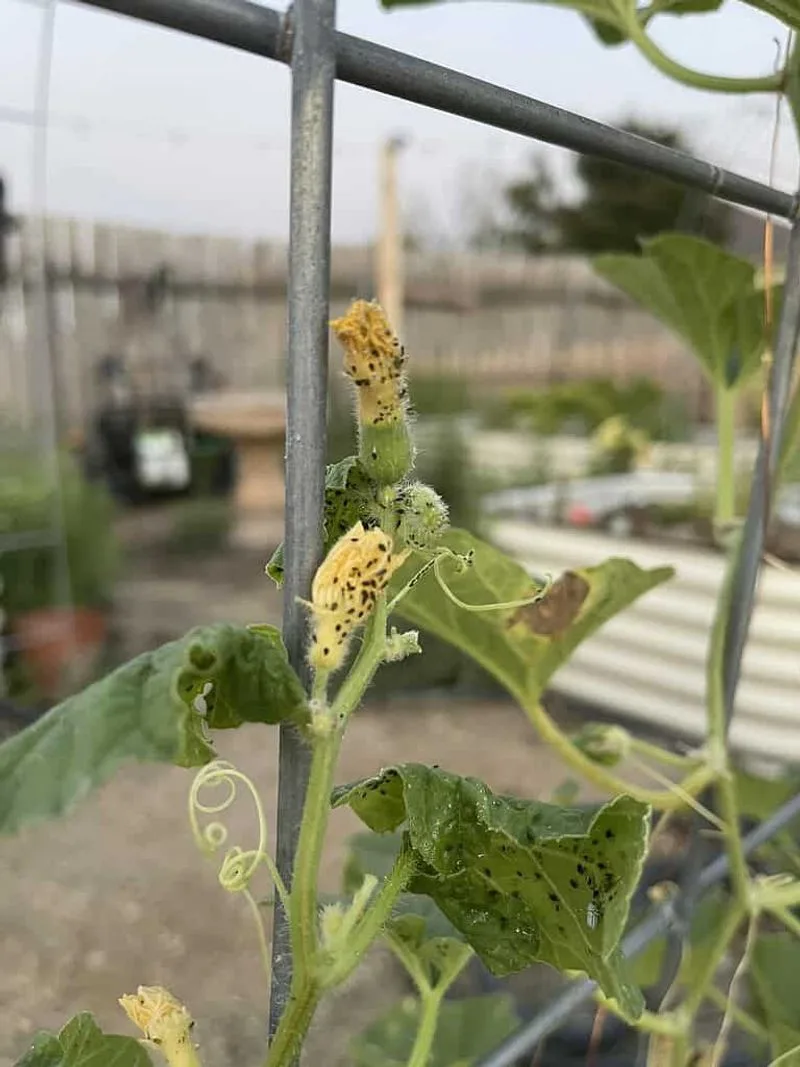
Companion planting involves growing certain plants together to enhance growth and repel pests. Marigolds and chives, for example, emit scents that deter aphids naturally.
This method not only reduces pest presence but also promotes biodiversity, enhancing garden health.
By carefully selecting plant combinations, you can create a robust defense against aphids. This age-old technique brings harmony to your garden, marrying aesthetics with function.
DIY Soap Spray
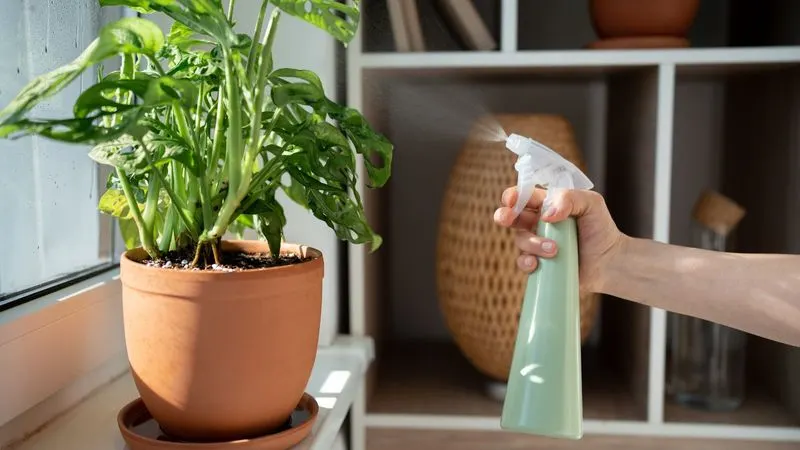
Creating a homemade soap spray is an economical and effective way to tackle aphids. A simple mixture of water and dish soap disrupts the aphids’ protective outer layer, leading to dehydration.
This gentle solution is safe for plants and the environment, making it a popular choice among eco-conscious gardeners.
Spraying affected plants regularly can manage aphid numbers and prevent outbreaks, safeguarding your garden’s beauty and productivity.
Attracting Beneficial Birds
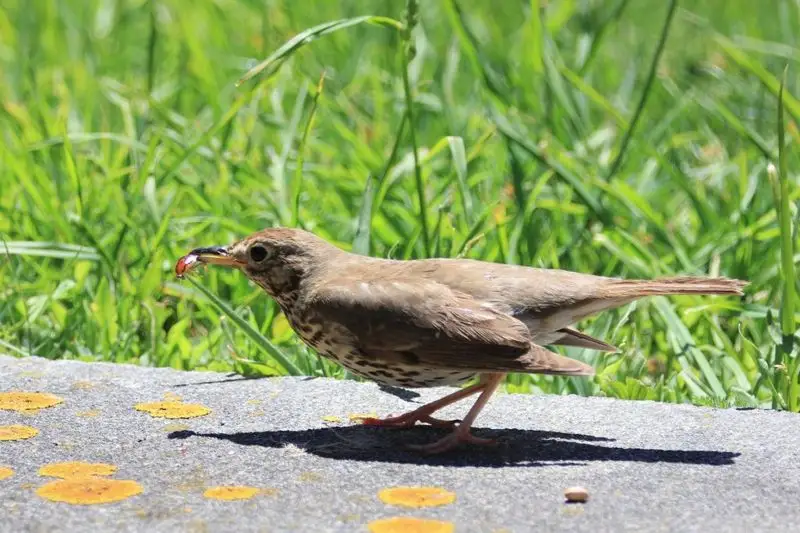
Birds, such as chickadees and wrens, are natural predators of aphids. By providing birdhouses and feeders, you can invite these helpful creatures into your garden.
Their presence can significantly reduce aphid populations, offering a charming and natural pest control method.
Encouraging birds adds life and movement to your garden, creating a vibrant and balanced ecosystem. This symbiotic relationship benefits both your plants and the local bird population.

